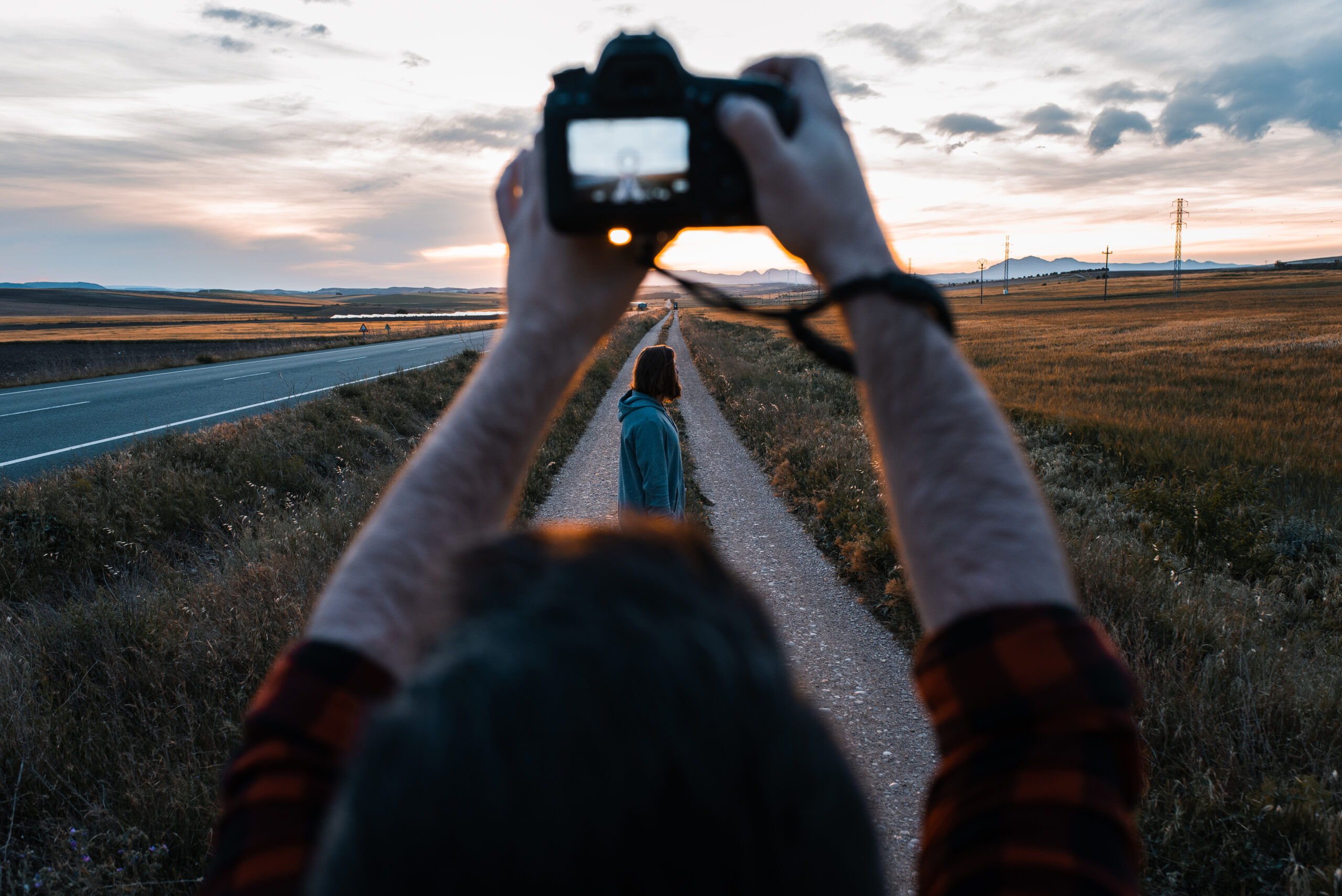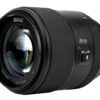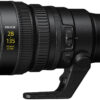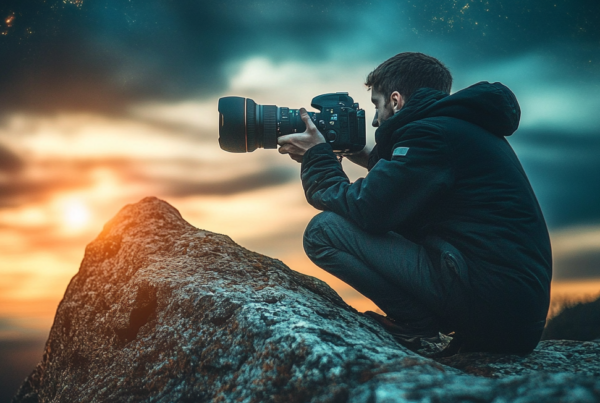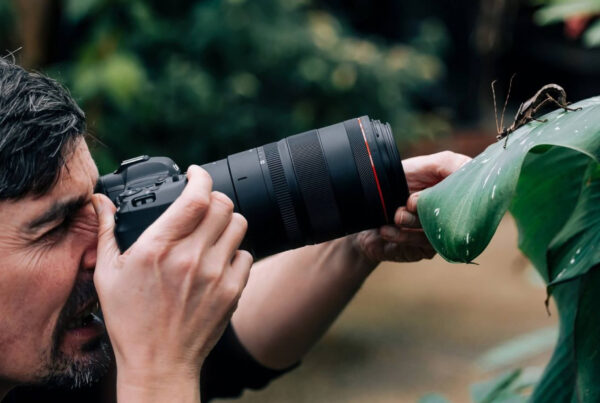Photography has evolved from a specialized craft into an accessible art form that anyone can explore. This guide provides a structured path for beginners to understand their equipment, master fundamental techniques, and develop their creative vision—all without feeling overwhelmed by technical complexities.
The journey into photography begins with understanding your tool of choice. Modern cameras range from smartphones to professional DSLRs, but they all share fundamental principles. Select a camera that matches your current needs and skill level, rather than the most advanced option available. What I Wish I Knew Before Buying My First Camera offers additional insights for new photographers.
Key Camera Components
The heart of photography lies in three primary elements: aperture, shutter speed, and ISO. These form the exposure triangle—the foundation of photographic technique. For a deeper understanding, explore our Understanding Photography Terms: A Beginner’s Dictionary.
- Aperture controls the amount of light entering your camera and affects depth of field
- Shutter speed determines how long your sensor is exposed to light and controls motion blur
- ISO represents your camera’s sensitivity to light, with higher values introducing more noise
Learning Photography Basics
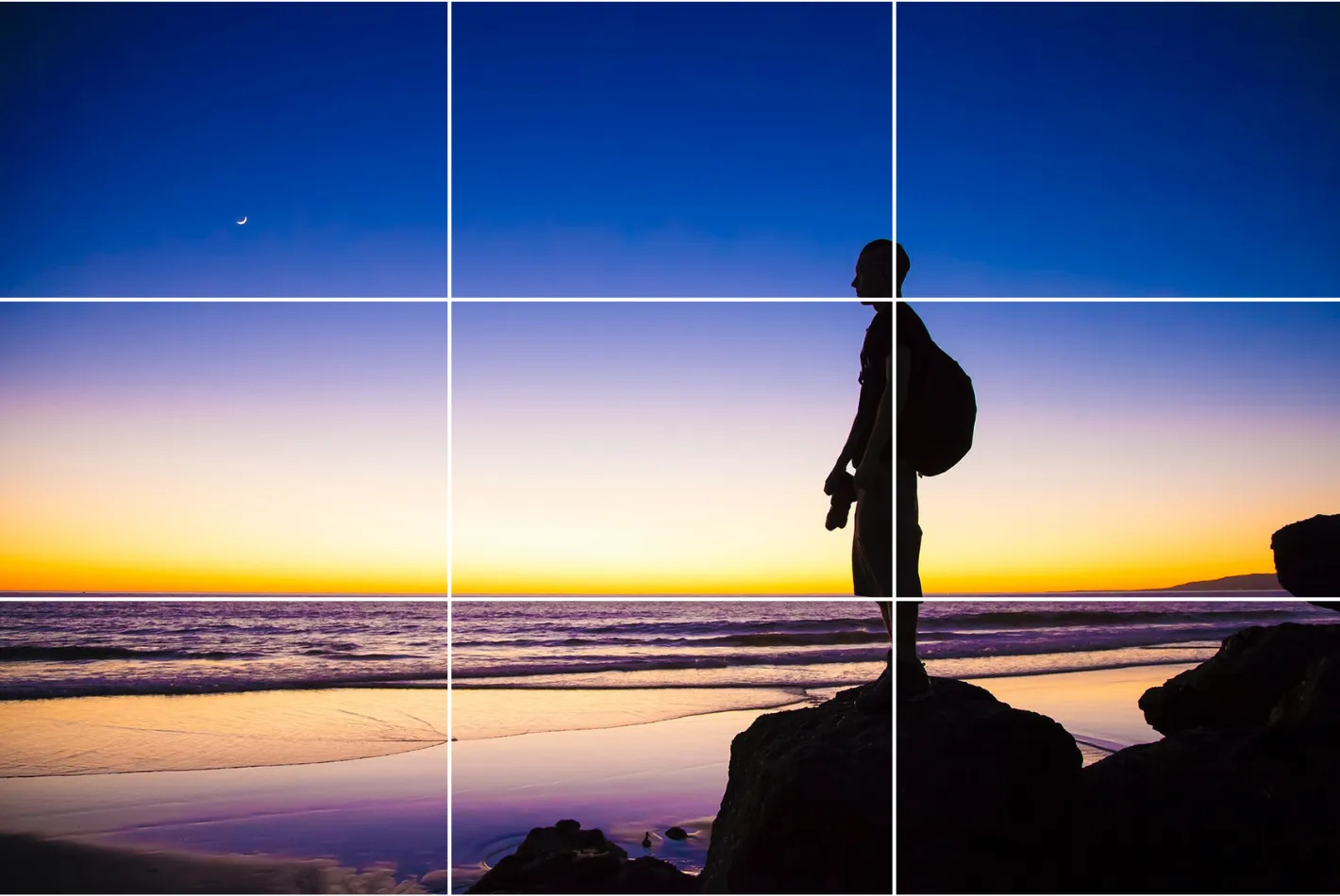
Credit: Unsplash
Photography fundamentals extend beyond technical settings into artistic principles that elevate your images from simple snapshots to compelling photographs. Our guide on My First Month with a DSLR: Lessons Learned provides real-world insights into this learning process.
- Composition Principles – Strong composition transforms ordinary scenes into extraordinary photographs. Master these foundational concepts:
- Rule of Thirds: Position key elements along imaginary lines dividing your frame into thirds
- Leading Lines: Use natural lines to guide viewers’ eyes through your image
- Balance: Distribute visual weight effectively across your frame
- Negative Space: Employ empty areas to create emphasis and mood
- Framing: Use natural elements to direct attention to your subject
- Light Management – Light shapes every photograph you create. Learn to recognize and work with different lighting conditions:
- Natural Light: Understand how time of day affects your subjects
- Direction: Recognize how light position impacts shadows and highlights
- Quality: Differentiate between harsh and soft light
Common Mistakes and Solutions

Credit: Justin Knight, Out of Focus Photo
Every photographer encounters challenges. Understanding common pitfalls accelerates your learning process. For detailed solutions, read Common Photography Mistakes I Made (And How I Fixed Them).
- Technical Challenges
- Incorrect Focus: Practice manual focusing techniques and understand your camera’s autofocus points
- Poor Exposure: Learn to read histograms and use exposure compensation
- Camera Shake: Master proper hand-holding techniques and appropriate shutter speeds
- Wrong White Balance: Recognize different light sources and their color temperatures
- Compositional Mistakes
- Cluttered Backgrounds: Develop awareness of all elements within your frame
- Horizon Alignment: Use your camera’s built-in level or grid
- Poor Subject Placement: Practice intentional composition rather than centering by default
Building Confidence as a Photographer
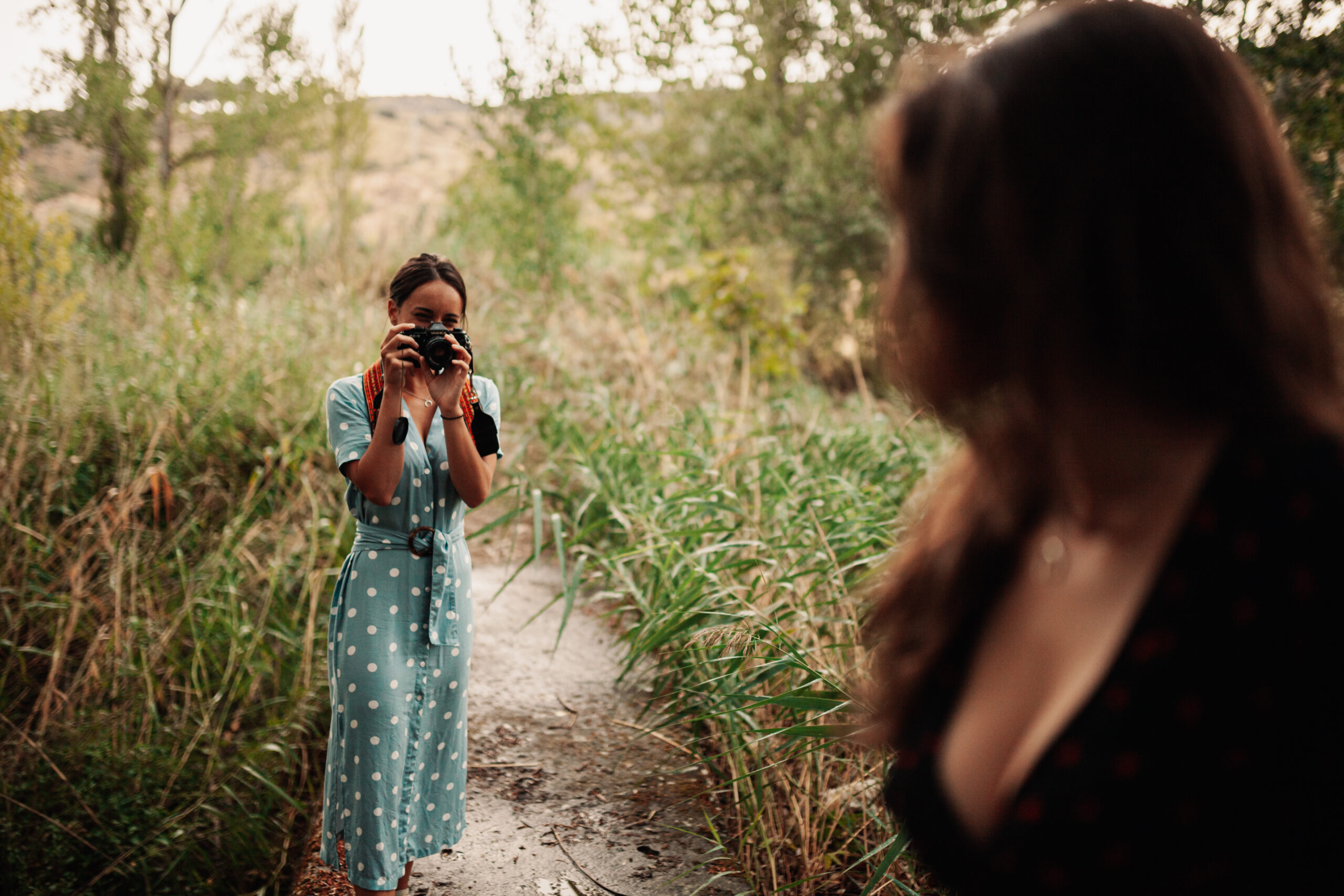
Progress in photography requires practice and persistence. Develop your skills through structured learning. For management tips, see How to Practice Photography Without Feeling Overwhelmed.
Practice Exercises
- Daily Photography: Commit to regular shooting schedules
- Theme Projects: Focus on specific subjects or techniques
- Technical Drills: Practice exposure adjustments in various conditions
- Composition Challenges: Experiment with different compositional rules
Self-Assessment
- Review Your Work: Regularly evaluate your images with a critical eye
- Track Progress: Maintain a portfolio of your best work
- Seek Feedback: Share your work with other photographers
- Set Goals: Establish clear objectives for skill development
Recommended Camera Gear
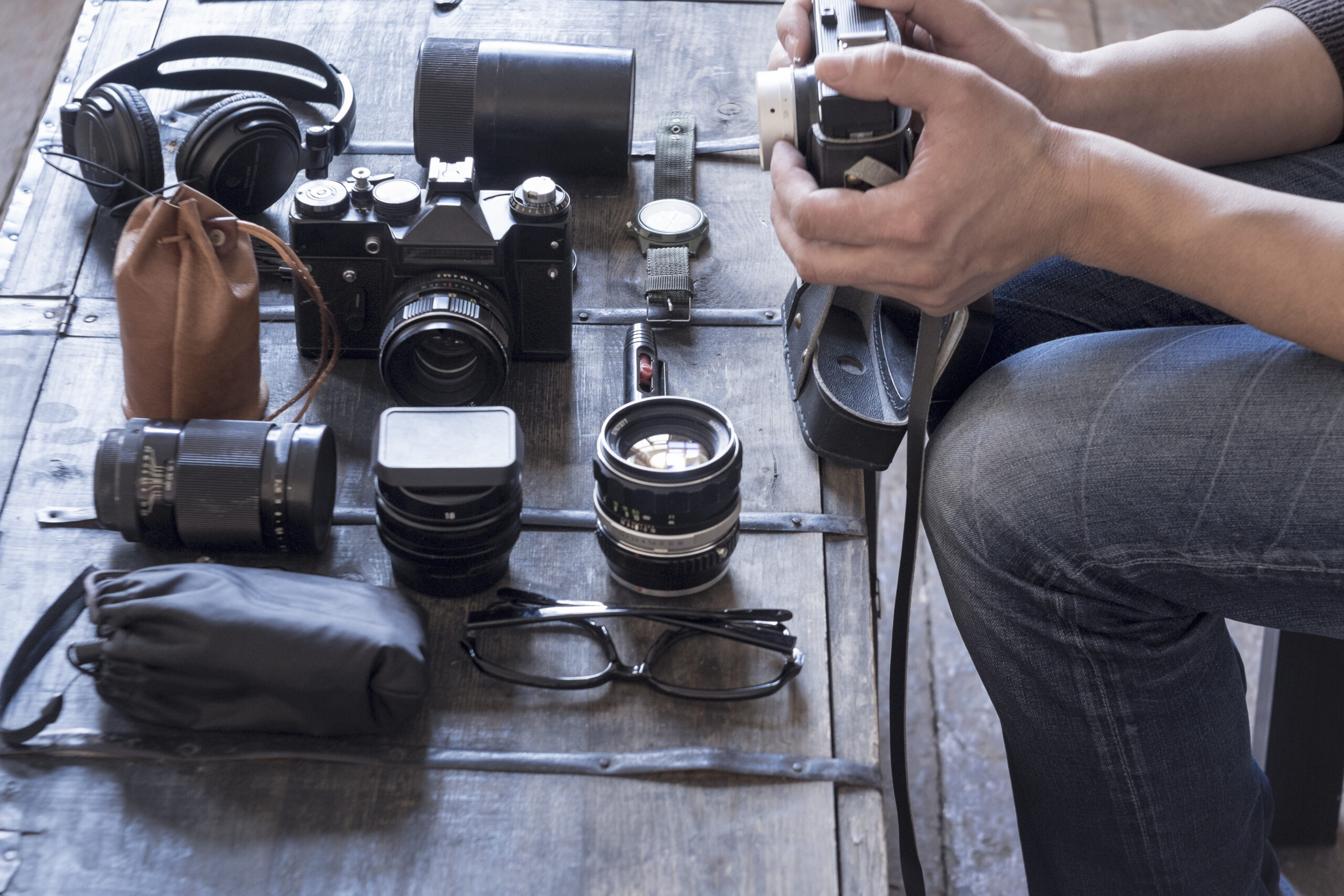
Selecting your first camera is a crucial decision. Here are some current recommendations based on different needs and budgets:
- Entry-Level Mirrorless Cameras
- Fujifilm X-M5: Latest generation processor with AI autofocus, excellent image quality and film simulations. Discover what makes this camera a standout choice for new creators: Fujifilm X-M5: A Game-Changer for Aspiring Creators.
- Sony ZV-E10 Mark II: Perfect for photo/video hybrid shooters, compact design
- Canon EOS R10: Great autofocus, familiar controls, extensive lens options
- Mid-Range Options
- Fujifilm X-S5: Professional features, excellent stabilization, weather-sealed
- Sony A7 IV: Full-frame sensor, exceptional low-light performance
- Fujifilm X-H2: High resolution, advanced features, professional-grade build
- Professional-Grade Cameras
- Fujifilm X-T5: Professional-grade features, compact size, excellent image quality
- Sony A7R V: High-resolution full-frame, advanced AI features
- Canon EOS R6 Mark II: Outstanding autofocus, professional reliability
Essential Accessories
- Memory Cards: Two 64GB UHS-II SD cards minimum
- Extra Batteries: Always carry at least one spare
- Basic Lens Kit:
- Standard zoom (18-55mm or similar)
- Prime lens (35mm or 50mm)
- Camera Bag: Weather-resistant with adequate padding
- Cleaning Kit: Lens cloths, sensor cleaning supplies
For practical guidance on building your first camera kit, read our article Building a Photography Kit Without Breaking the Bank.
Growing Your Skills Over Time

Photography is a journey of continuous improvement. Plan your development strategically. For guidance on developing your unique approach, read Finding Your Photography Style When You’re Just Starting Out.
Skill Development Path
- Master Camera Basics: Ensure complete familiarity with your equipment
- Develop Technical Skills: Progress from automatic to manual settings
- Refine Artistic Vision: Focus on developing your unique style
- Explore Specializations: Experiment with different photography genres
Advanced Techniques
As your confidence grows, explore more complex aspects of photography:
- Advanced Exposure Techniques: HDR, long exposures, multiple exposures
- Creative Composition: Breaking traditional rules effectively
- Post-Processing: Developing a consistent editing workflow
- Specialized Equipment: Understanding when to expand your gear
Final Thoughts
Beginning photography need not be overwhelming. Focus on mastering fundamentals before advancing to complex techniques. Remember that every photographer started as a beginner, and consistent practice leads to natural improvement. Your journey in photography should be both challenging and enjoyable, leading to continued growth and creative satisfaction.

